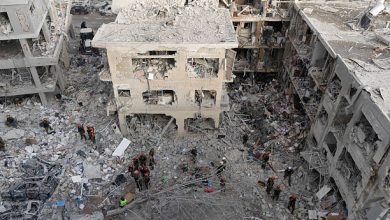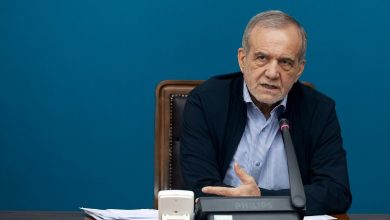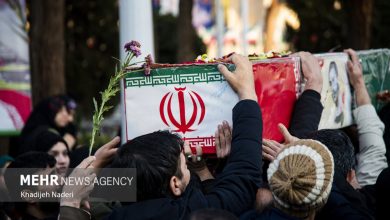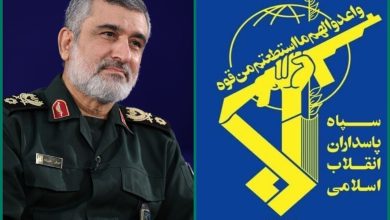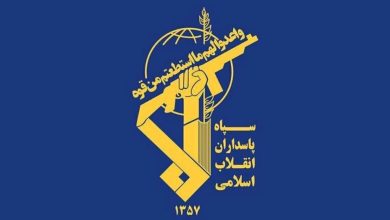Leader Imam Ayatollah Khamenei Emphasizes Unity as Supreme Benefit for Islamic Ummah
Imam Ayatollah Seyyed Ali Khamenei, the leader of the Islamic Ummah and Oppressed, has called on Muslim nations to come together in solidarity to avert crises akin to those currently impacting the populations of Gaza and Yemen.
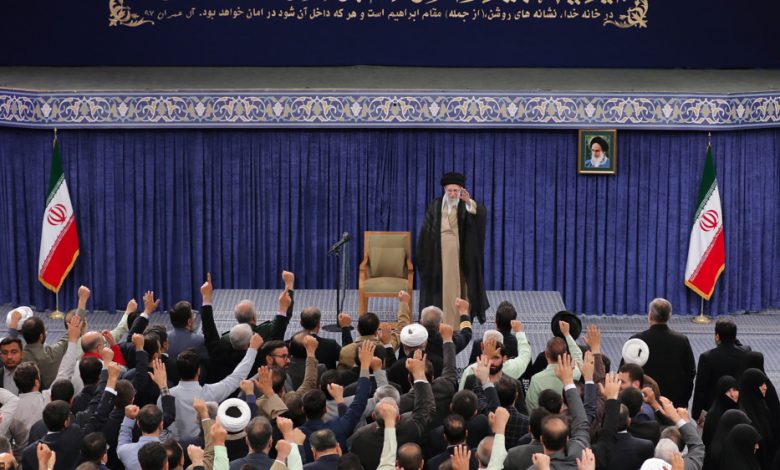
In a Sunday address in Tehran, Ayatollah Khamenei highlighted the significance of the annual Hajj pilgrimage, a gathering that fosters unity among Muslims globally, transcending racial, cultural, and color differences.
“He emphasized to officials and organizers of the Islamic pilgrimage to Mecca that the Hajj gathering serves humanity’s greater good, highlighting that there is no greater benefit for the Islamic Ummah than unity. The pilgrimage, which able-bodied Muslims are required to undertake at least once in their lifetime, underscores this principle.”
The Leader expressed the view that a united Islamic Ummah could prevent the occurrence of conflicts like those in Palestine and Gaza, as well as alleviate the pressure on Yemen.
Gaza has been subjected to a severe military offensive by Israel, resulting in the deaths of nearly 53,000 individuals in the blockaded region since October 2023, and causing widespread devastation.
Since March 15, military aircraft from the United States, United Kingdom, and Israel have been conducting lethal offensives in Yemen. This escalation was authorized by Trump, intensifying a campaign initiated by the previous administration the year before. The campaign aims to halt Yemen’s actions against Israel, which are being carried out in support of the Gazan population.
Ayatollah Khamenei stated that division and discord create opportunities for “colonialists, the US, the Zionist regime, and other expansionist powers” to advance their interests and ambitions at the expense of other nations.
The Leader emphasized the potential for security, progress, and collaboration among Islamic nations through the unity of the Ummah, highlighting the significance of viewing the Hajj pilgrimage as an opportunity to achieve these goals.
Ayatollah Khamenei emphasized the inherently political nature of Hajj, asserting that despite the attempts by some to distort its significance, the core, structure, and embodiment of Hajj are fundamentally political.
The Leader has asserted that Hajj is possibly the sole obligation in which its external form, appearance, and structure are wholly political in nature.
“The annual assembly of individuals, converging at a singular location and time, epitomizes the political nature inherent in such gatherings.”
The Leader described the Hajj journey as more than just a typical pilgrimage or sightseeing excursion, emphasizing it as a crucial practice ordained by God Almighty. He highlighted that this event is significant not only for the management of believers and Muslims but also plays a vital role in the stewardship of all humanity.
He added that Hajj serves the purpose of benefiting humanity at large. The essence of the pilgrimage extends beyond personal, national, or religious obligations, emphasizing its role as a service to humanity as a whole.
Ayatollah Khamenei highlighted the significant responsibilities of Islamic governments, with particular emphasis on Saudi Arabia due to its role as the host of millions of pilgrims, in elucidating the objectives of Hajj.
State officials, academics, writers, and influencers have a responsibility to clearly communicate the realities of Hajj to the public, the Leader emphasized.

